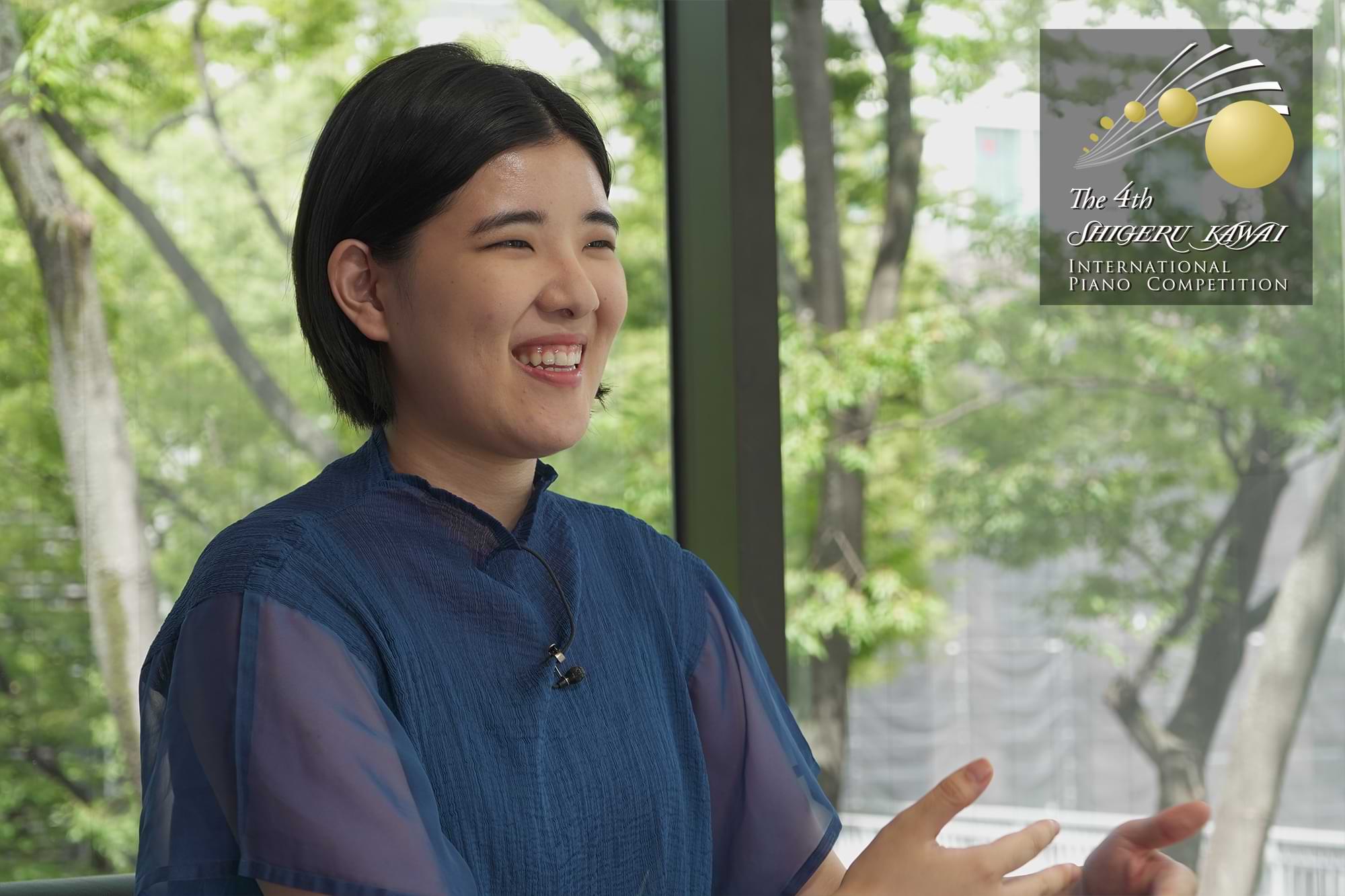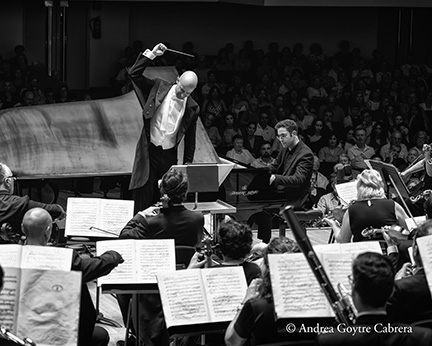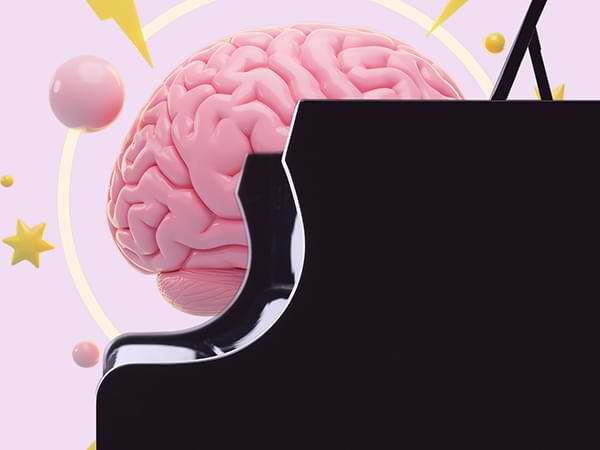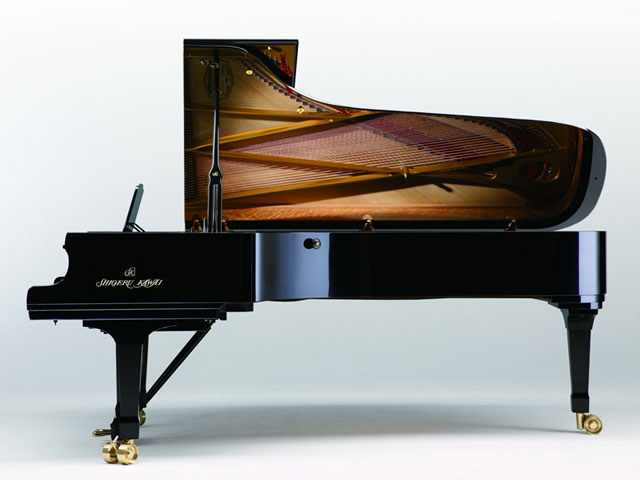The '4th Shigeru Kawai International Piano Competition,' held from July 29 to August 6, showcased remarkable talents. In this article, we trace the journey of one of the six finalists, Riko Imai, through performance videos and an exclusive interview.
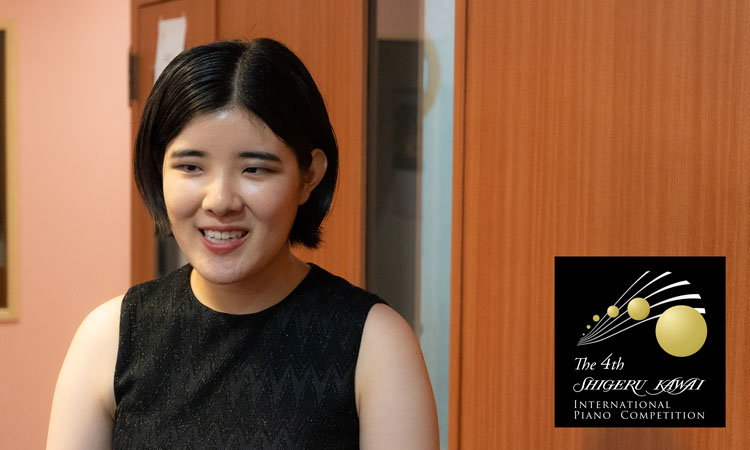
Contents
Program
1st Round
J. Brahms / 7 Fantasies Op.116
Semifinal Round
L.v. Beethoven / Piano Sonata No.31 in A-flat major Op.110
S. Rachmaninov / Piano Sonata No.2 in B-flat minor Op.36 (1931 Edition)
Final Round
S. Rachmaninov / Concerto for Piano and Orchestra No.2 in C minor Op.18
Interview
After the Semifinal Performance
Please share your thoughts right after finishing the semifinal round.
Due to a one-year postponement, there was a long period between securing my participation and today. Finally being able to perform the main part of the program that I had been looking forward to for so long made me incredibly happy. I enjoyed playing it so much.
How did you choose the repertoire for the first round, semifinals, and finals?
First, in the preliminary round, I played Brahms' Seven Fantasies, then moved on to composers like Beethoven and Rachmaninoff, known for demanding a profound understanding of sound. Currently studying in Vienna, I wanted to include composers with a deep connection to the city in my program, shaping the repertoire for this competition. Moreover, Rachmaninoff's pieces hold special significance for me this year as it marks the 150th anniversary of his birth, making it especially meaningful to perform them.
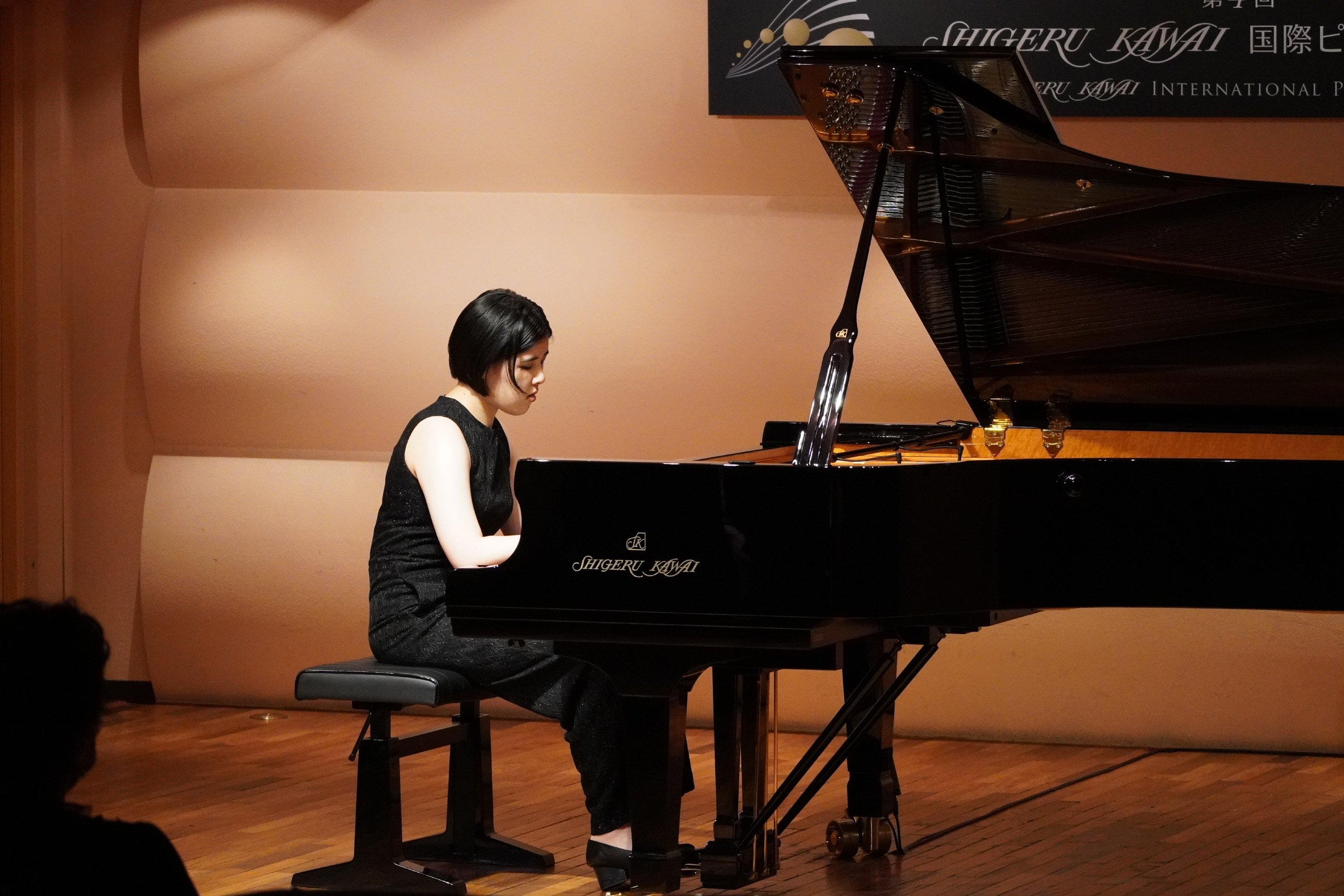
©Shigeru Kawai International Piano Competition
After the Announcement of the Finalists
Congratulations on making it to the finals! Can you please share your thoughts right now?
Reaching the finals in an international competition is a first for me, so I feel incredibly honored. At the same time, I am also feeling nervous.
After the Final Performance
Please share your current feelings.
Having experienced the finals of an international competition for the first time, I am truly relieved now that it's over.
How was the "Concerto for Two Pianos," which is a distinctive feature of this competition?
I had the privilege of playing with Professor Nersessian this time, and every aspect, from the way he phrases the music and more, was a tremendous learning experience throughout the rehearsals. While adapting to my music, there were also many instances where he took the lead. It was truly reassuring, offering a different kind of support compared to playing with an orchestra. I am genuinely grateful for his guidance and support until the end.
The venue changed from the first round to the semifinals. Did you feel any differences?
My approach to facing the stage has always been consistent, regardless of the venue. The proximity to the audience in Pause allowed me to feel their breath more intimately, exploring the concept of 'space' in my performance. Today's hall had truly magnificent acoustics, so I believe I was able to enjoy playing while appreciating the resonance and sound.
Lastly, can you share a message for the audience who attended this competition or watched the livestream?
I still have many challenges ahead that I want to take on. This competition was a significant milestone, and I'm truly grateful for the wonderful opportunity to present my entire prepared program. I appreciate the support and encouragement I received from so many people during this period. I will continue to work hard, and I ask for your continued support in the future. Thank you very much.
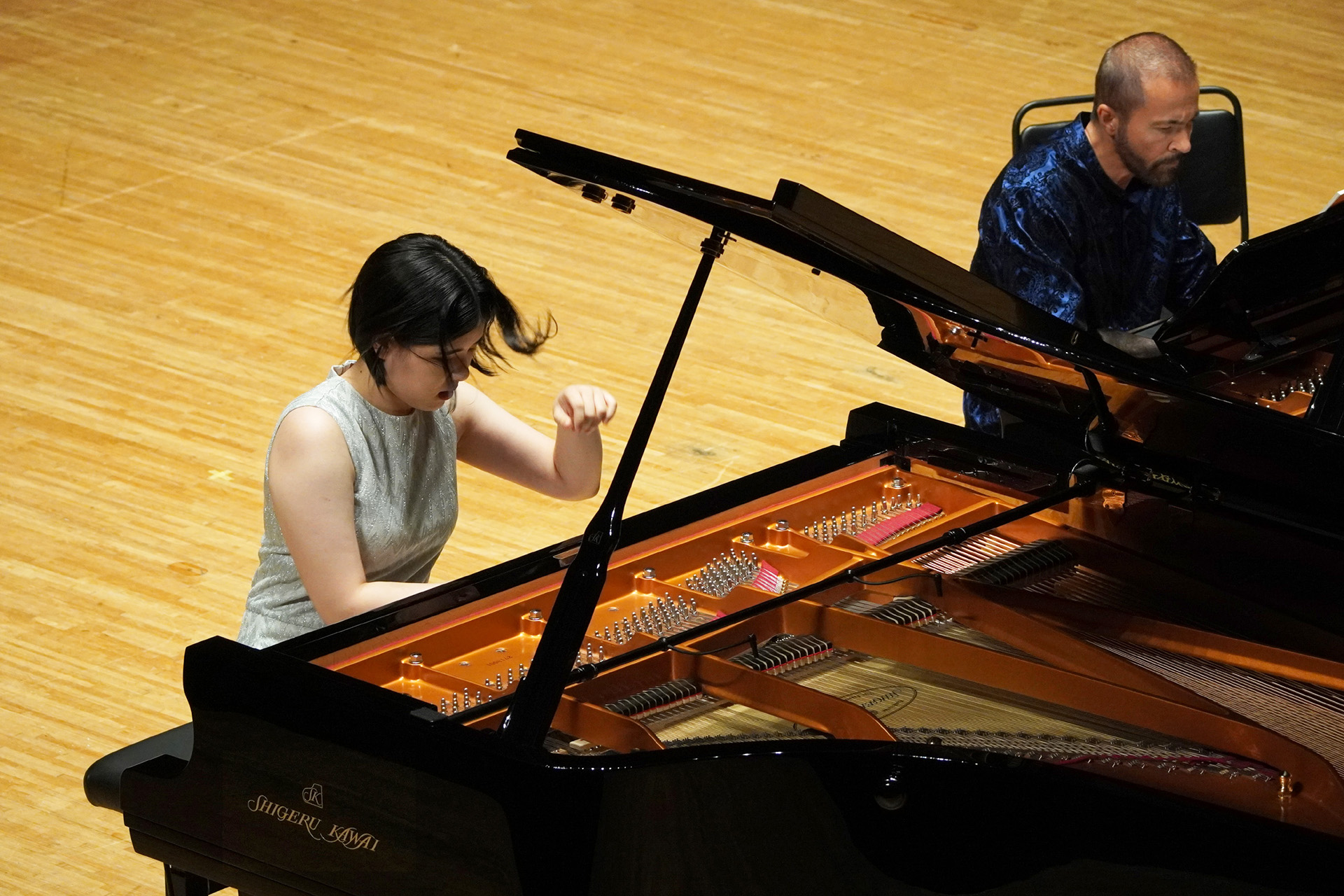
©Shigeru Kawai International Piano Competition
Before the Prize Winner’s Concert
A day after receiving the award, please share your thoughts.
I feel relieved and a sense of accomplishment as I have completed the entire schedule of the competition, presenting the program I had prepared for each stage.
How was the Shigeru Kawai International Piano Competition?
Being among highly skilled participants and having wonderful judges, I felt that this competition provides a fantastic platform where one can explore what kind of music they want to create and how they want to express it. Performing throughout the entire competition on the magnificent Shigeru Kawai piano at that venue was truly a blissful experience.
Can you share your impressions of the SK-EX piano, your first encounter, memories of playing it for the first time, and its tone, etc.?
Although it's a Japanese-made piano, I believe it has great potential that also complements the rich musical diversity found overseas. While studying in Vienna with students from various nationalities and backgrounds, I'm constantly amazed by the diverse tonal palettes they possess. The SK-EX makes it incredibly easy for them to express a wide range of musical ideas. The pieces I prepared for this competition demanded a broad spectrum of tonal nuances, and the piano didn't pose any barriers. Instead, it supported me in playing the way I wanted. It was incredibly reassuring, and the freedom to express myself is truly valuable. It felt like having comrades in the battle, and I am deeply grateful for that.
About Riko Imai
Born on 5 July 2001, she began learning piano at the age of two. She is currently a student of Akira Eguchi at Tokyo University of the Arts. She has won prizes in numerous piano competitions, including second prize in the Osaka International Music Competition (2019), the gold medal in the Asian International Chopin Piano Competition (2018), a special prize in the Hamamatsu International Piano Academy (2017) and the bronze medal in the Ishikawa International Competition (2017). She has participated in many masterclasses, including with Anna Malikova, as part of the Talent Music Master Courses in Brescia, Italy, and also with Andrzej Jasiński, Hisako Kawamura, Vladimir Tropp, Yu Kakuno, Tetsuya Akiyama, Katsuko Kaneko and Sayoko Tsuruoka.
Official Instagram: https://www.instagram.com/rikoimai_pf/?hl=ja
Official X(Twitter): https://twitter.com/ricoimai

Writer
Kawai Japan (Domestic division)
This article has been translated from a piece published on the Kawai Japan website.
This article has been translated from a piece published on the Kawai Japan website.
